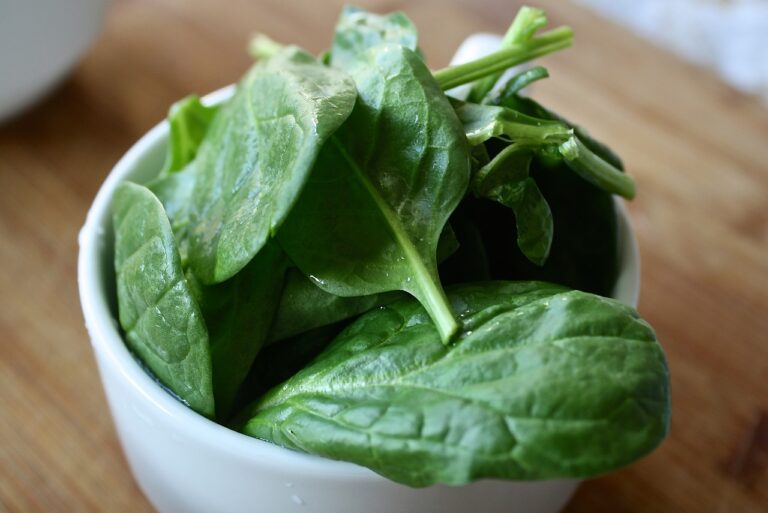The Science of Food Engineering: Innovations in Processing and Packaging
Food processing technologies have been continually evolving to meet the changing demands of consumers and industry standards. One key innovation in this field is the use of high pressure processing (HPP) to preserve food without the need for heat or chemical preservatives. HPP has shown great promise in extending the shelf life of products while retaining their nutritional value and taste.
Another significant advancement is the implementation of nanotechnology in food processing. Nanoparticles are being used to enhance food quality, safety, and functionality. For instance, nanoencapsulation is a technique where active ingredients are enclosed in nanoparticles to improve their stability and bioavailability in food products. This technology has opened up new possibilities for developing healthier and more convenient food options for consumers.
Advancements in Food Packaging Materials
A key aspect of the food industry that often goes unnoticed is the continuous evolution of food packaging materials. From traditional methods to modern innovations, the industry has witnessed significant advancements in ensuring the safety and quality of packaged food products. These advancements are aimed at not only enhancing the convenience of consumers but also extending the shelf life of perishable items.
One notable advancement in food packaging materials is the development of active packaging solutions. These innovative materials are designed to interact with the packaged food product to extend its shelf life. By incorporating components such as oxygen scavengers or ethylene absorbers, active packaging helps in preserving the freshness and quality of the food product for a longer duration. The use of active packaging materials not only reduces food waste but also enhances the overall consumer experience.
Impact of Food Engineering on Shelf Life
Food engineering plays a crucial role in enhancing the shelf life of various food products. By utilizing innovative technologies such as pasteurization and sterilization, it becomes possible to extend the freshness and quality of perishable items. These methods work by eliminating harmful bacteria and enzymes that cause food to spoil, thus significantly prolonging its storage duration.
Moreover, advancements in food engineering have introduced modified atmosphere packaging techniques that help maintain the integrity of products. By adjusting the composition of gases within packaging materials, it becomes feasible to control factors such as oxygen levels and moisture content, minimizing the rate of food degradation. This not only extends the shelf life of goods but also ensures that they reach consumers in optimal condition, contributing to reduced food waste.
• Food engineering utilizes innovative technologies like pasteurization and sterilization to extend the freshness and quality of perishable items
• These methods eliminate harmful bacteria and enzymes that cause food spoilage, significantly prolonging storage duration
• Modified atmosphere packaging techniques adjust gas composition within packaging materials to control factors like oxygen levels and moisture content
• This minimizes the rate of food degradation, extends shelf life, and ensures products reach consumers in optimal condition
How do innovations in food processing technologies impact the shelf life of products?
Innovations in food processing technologies such as high pressure processing and thermal processing help extend the shelf life of products by reducing microbial contamination and preserving the nutritional content.
What are some advancements in food packaging materials that contribute to increasing shelf life?
Advancements in food packaging materials like barrier films and active packaging help prevent oxygen and moisture from entering the packaging, thereby extending the shelf life of food products.
How does food engineering play a role in prolonging the shelf life of perishable items?
Food engineering plays a crucial role in developing processing techniques and packaging solutions that help maintain the quality and freshness of perishable items, thus extending their shelf life.
Are there any specific ways in which food engineering can help reduce food waste by extending shelf life?
Yes, food engineering can help reduce food waste by designing processes and packaging methods that minimize spoilage, increase product stability, and enhance storage conditions, ultimately extending the shelf life of food products.







